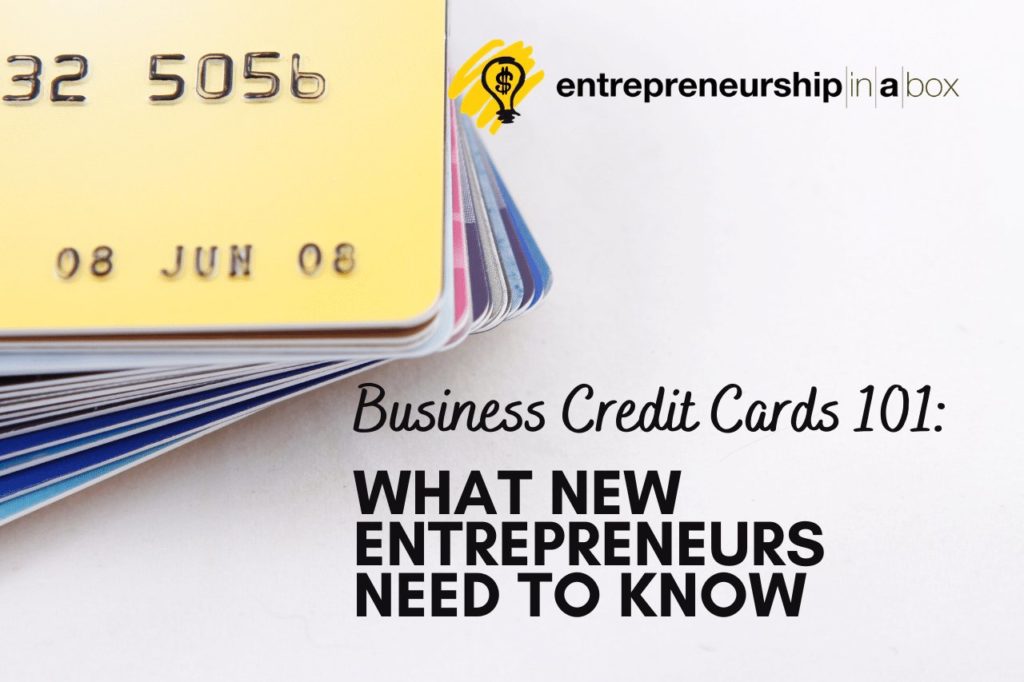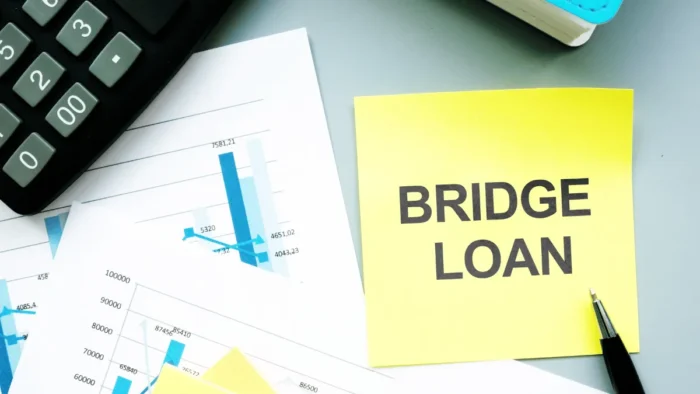New entrepreneurs that know their business and market inside and out could speak about their product or service for hours on end. They might know who their target market is, how to sell to them, and keep them as happy customers. Yet many of these founders are clueless on how to purchase a printer for the office or settle a bill after entertaining a potential client.
It is worthwhile to review what is a business credit card why you need one to better understand its strengths but also recognize its limitations.
Yes, You Need A Business Credit Card
As the name implies, a business credit card is a credit reserved specifically for business expenses. This can range from buying office furniture, paying for supplies, buying stamps, ordering coffee for the break room, and much more.
You might be asking why you need a separate credit card for business expenses. After all, your personal card works just fine, and having two cards might seem like double the hassle.
But in reality, mixing personal and work-related expenses on one card can lead to major headaches down the road. Need to quickly pull up to the penny all business expenses over the past six months? If you use a business card this information can be compiled in seconds.
Otherwise, it could take an hour to separate personal expenses from business expenses. It is easy to forget if that $300 dinner expense four months ago was a night out with the family or a pitch meeting with a potential partner.
After all, business meals are deductible so failing to properly classify a dinner expense as a business expense means less cash in your pocket come tax season.
For these simple reasons alone, business credit is highly recommended for new entrepreneurs.
Who Can Apply For A Business Card
Ready to pick out your first business card? The process is straightforward and the requirements are quite lax. A business credit card is even open to an individual that sells crafts on Etsy during their spare time.
A business that doesn’t generate a penny of revenue can still apply for business credit cards. The one and the only requirement is an individual need to reasonably intend to generate a profit over time.
The application form will ask several questions, including:
- A tax identification number: This is the nine-digit numbers the IRS provided for tax reporting purposes.
- Business name: If your company doesn’t have an official name you can use your legal name.
- Business type: Freelancers will mostly select a sole proprietorship while LLCs are classified as a corporation or partnership.
- What kind of business: Most application forms will force you to select an industry that best corresponds to your work.
- What you do: The credit card company needs to know your role in the business. Are you the founder/owner or general manager?
- Annual revenue: It’s acceptable to put “0” if your business is still in the pre-revenue stage.
Who Gets Approved?
Are you guaranteed to get approved for a business credit? No, of course not. Banks aren’t in the business of handing out access to cash to anyone who asks for it.
If your business has zero revenue, the bank will likely pay extra close attention to your personal credit score. It goes without saying that a stronger credit score drastically increases the likelihood of approval.
Don’t be surprised to be asked to sign a personal guarantee on your business credit. This means that if the business goes bankrupt, you will still be liable for the card’s balance.
Pro tip: Applying for a credit card with a bank where you already have a relationship can increase the odds of approval. Banks will be able to see the finer details of your financial situation, such as the total value of your stock portfolio.
The Finer Details
There are some finer details new entrepreneurs should familiarize themselves with because it works against their favor.
The “CARD Act of 2009” provides many favorable terms to consumers, many of which are not available to business customers. For example, personal credit card issuers must notify a client their interest rate will be increased in 45 days and the increase applies only to new purchases.
Not so much for a business card. An entrepreneur with less than perfect payment history could be subject to an interest rate increase at any point on the entire balance.
Small business owners that don’t take their financial responsibilities seriously could end up damaging their personal credit score and negatively impact their private lives. But on the other hand, responsible usage of a business card can help lift your personal credit card.
So long as the bank is concerned, you are your business and your business is you.
Bottom Line: You Know What Works For You
Banks are likely to advertise and promote their flashiest business credit that comes with exclusive perks — and a hefty annual membership fee. Maybe this is exactly what you are looking for in a business card. Or, maybe the most basic business card with zero perks and no annual fee best suits your needs.
The only person who can make this decision is you. Thankfully, it isn’t a particularly difficult definition.



